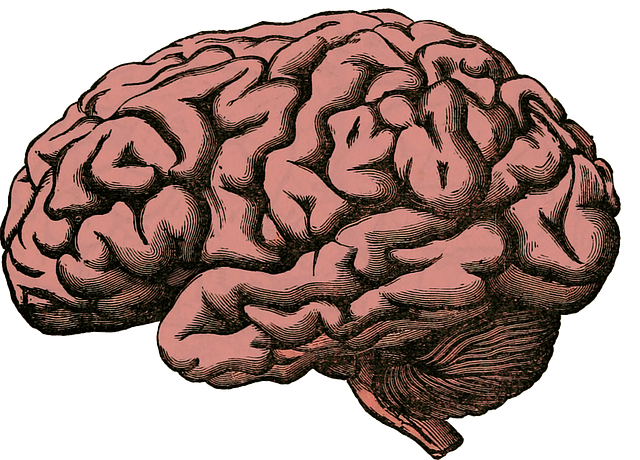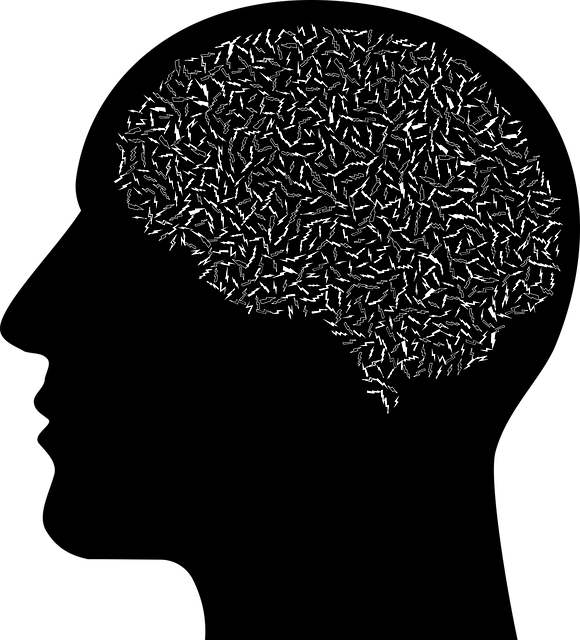Boulder Adjustment Disorder (BAD) is a complex mental health condition requiring specialized understanding and support, with therapy focusing on cognitive-behavioral approaches and mindfulness techniques. Mental health professionals, facing increased demand and trauma exposure, benefit from public awareness campaigns, podcasts, and risk assessment tools like BAD Therapy to maintain their well-being. Effective risk management involves tailored strategies, communication, Depression Prevention plans, and regular check-ins for clients with adjustment disorders. Case studies show successful outcomes in Boulder through individualized therapy and community outreach, emphasizing the importance of Risk Management Planning for optimal mental wellness.
In the realm of mental health, professionals encounter diverse challenges, none more complex than managing clients diagnosed with Boulder Adjustment Disorder (BAD). This comprehensive guide delves into the unique aspects of BAD, exploring its impact on therapy and the specific risks involved. We examine mental health practitioners’ critical role in risk assessment, offering techniques to enhance client care and mitigate potential dangers. Through real-world case studies, we demonstrate successful risk management strategies, providing valuable insights for therapists navigating BAD therapy.
- Understanding Boulder Adjustment Disorder: A Comprehensive Overview
- Mental Health Professionals and the Unique Challenges of This Disorder
- Risk Assessment Techniques for Effective Client Care
- Strategies to Mitigate Risks and Enhance Therapy Outcomes
- Case Studies: Successful Risk Management in Clinical Practice
Understanding Boulder Adjustment Disorder: A Comprehensive Overview

Boulder Adjustment Disorder (BAD) is a complex condition that requires meticulous understanding among mental health professionals. This disorder manifests in individuals who have recently experienced significant life transitions or traumatic events, leading to intense emotional distress and impaired functioning. Recognizing BAD involves assessing symptoms such as persistent grief, severe anxiety, irritability, and difficulty adapting to new circumstances. These manifestations can significantly impact an individual’s ability to manage their mood, engage in daily activities, and maintain relationships—aspects crucial for mental wellness.
Effective therapy for Boulder Adjustment Disorder often entails a multifaceted approach tailored to each patient’s unique needs. Mental health professionals play a pivotal role in helping individuals process their emotions, develop coping strategies, and gradually readjust to their surroundings. Through evidence-based practices, such as cognitive-behavioral therapy (CBT) and mindfulness techniques, therapists facilitate the healing process. Moreover, addressing BAD involves advocacy for supportive mental health policies that ensure accessibility to specialized services, thereby enhancing recovery outcomes and promoting a holistic Mental Wellness approach.
Mental Health Professionals and the Unique Challenges of This Disorder

Mental health professionals face unique challenges when it comes to managing their own mental wellness, often requiring a delicate balance between personal and professional boundaries. They are consistently exposed to traumatic stories and sensitive information, which can lead to secondary trauma or burnout. This is particularly relevant in the context of adjusting to the post-pandemic world where an increased demand for mental health services has further exacerbated these risks.
The rise in public awareness campaigns and initiatives promoting mental wellness, such as Mind Over Matter principles, plays a crucial role in supporting mental health professionals’ self-care. These campaigns encourage open conversations about mental health, fostering a culture of understanding and support. Additionally, the development of mental wellness podcast series can provide valuable resources for professionals to learn about various aspects of mental health, including strategies for managing their own disorders, such as Boulder Adjustment Disorder Therapy, while also staying abreast of industry developments.
Risk Assessment Techniques for Effective Client Care

Effective risk assessment is a cornerstone for mental health professionals aiming to provide exceptional client care. It involves a multifaceted approach, integrating diverse techniques to gain a holistic understanding of an individual’s psychological landscape. One powerful tool in this arsenal is the Boulder Adjustment Disorder Therapy (BADT), which focuses on helping clients navigate life transitions and adapt to stress. BADT involves collaborative problem-solving, encouraging clients to identify and challenge negative thought patterns, thereby fostering resilience.
Complementing this approach are evidence-based strategies such as Mental Wellness Journaling Exercise Guidance and Mindfulness Meditation. Journaling allows individuals to reflect on their emotions, track progress, and identify triggers, while mindfulness meditation enhances self-awareness and promotes emotional regulation. Additionally, incorporating Mood Management techniques empowers clients with tools to monitor and stabilize their moods, further strengthening their coping mechanisms. These integrated methods collectively contribute to a comprehensive risk assessment strategy, enabling professionals to offer tailored support for optimal mental wellness.
Strategies to Mitigate Risks and Enhance Therapy Outcomes

Mental health professionals are continually navigating a complex landscape where managing client risks while fostering positive therapy outcomes is paramount. To mitigate potential harms and enhance therapeutic experiences, several effective strategies can be implemented. These include tailored Depression Prevention plans, incorporating evidence-based techniques such as cognitive behavioral therapy (CBT). By individually adjusting therapeutic approaches through what’s commonly known as Boulder Adjustment Disorder Therapy, practitioners can cater to the unique needs of each client.
Strong Communication Strategies form the backbone of these efforts. Open and transparent dialogue allows professionals to identify potential risks early on. Regularly reviewing treatment plans with clients ensures shared understanding and empowers them to actively participate in their care. This collaborative approach not only bolsters trust but also enables prompt adjustments when needed, fostering a safer and more supportive therapeutic environment.
Case Studies: Successful Risk Management in Clinical Practice

Mental health professionals constantly navigate complex scenarios, making effective risk management crucial. Case studies illustrate successful strategies in clinical practice, such as a therapist in Boulder who adapted their approach for clients with Adjustment Disorder. By employing tailored therapy techniques and regular check-ins, they mitigated potential risks and fostered positive outcomes.
This exemplifies the importance of Risk Management Planning for Mental Health Professionals, where individualised strategies cater to diverse client needs. Community Outreach Program Implementation can further enhance these efforts by connecting professionals with resources and support networks. Additionally, promoting Emotional Well-being Promotion Techniques within practices ensures a holistic approach, benefiting both clients and practitioners alike.
Mental health professionals play a vital role in assisting clients dealing with Boulder Adjustment Disorder (BAD). By understanding the unique challenges posed by BAD, employing effective risk assessment techniques, and implementing strategies to mitigate risks, therapists can enhance therapy outcomes. The article has explored these aspects through comprehensive overviews, case studies, and practical suggestions. Remember that continuous education and adaptation are key to navigating the complexities of BAD therapy, ensuring client safety, and promoting positive recovery journeys.














